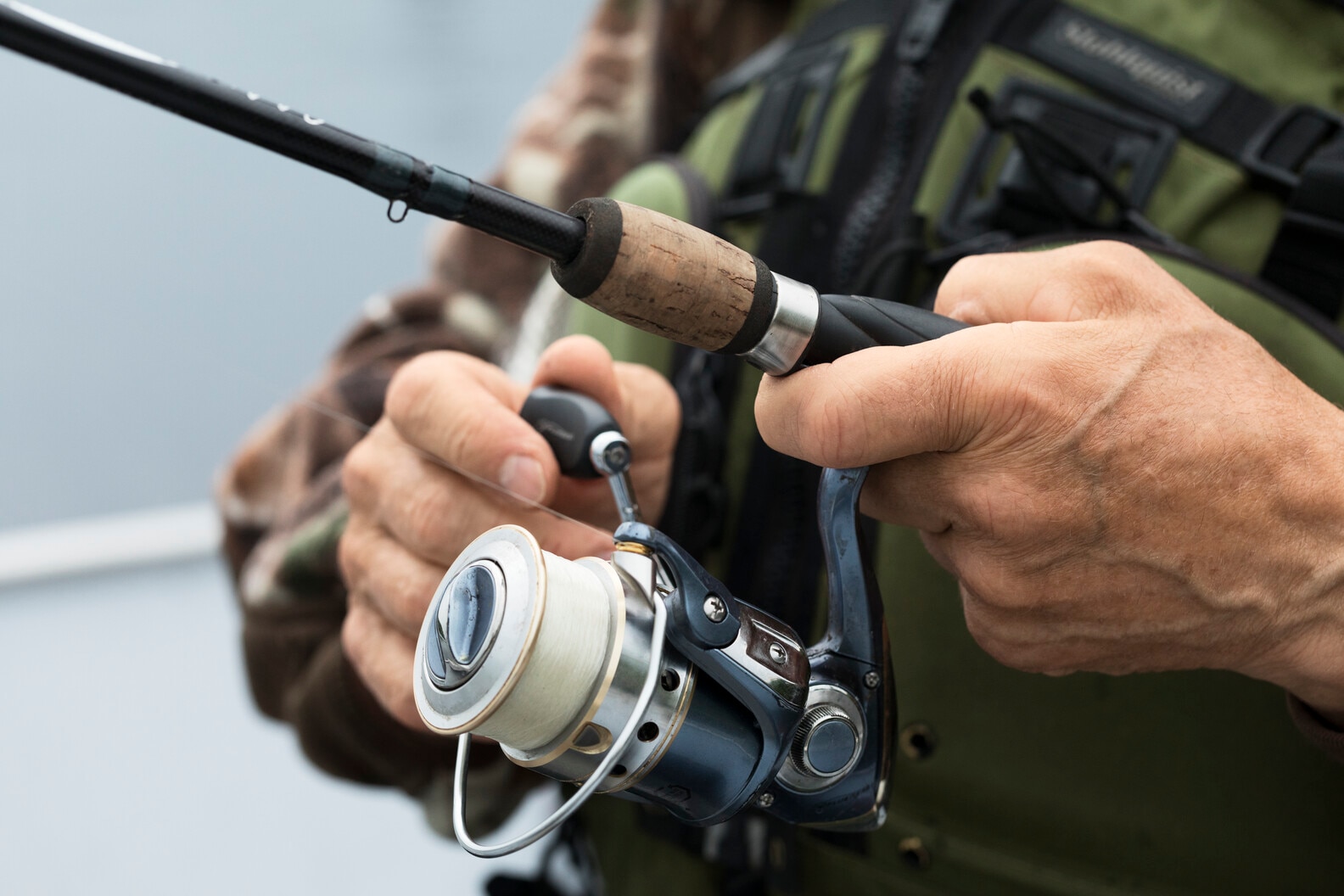Getting out and about with incontinence
Going out without worries
Nurturing friendships and being social can be overwhelming and challenging when you are dealing with bladder problems, especially when having to leave your home.
It is natural to feel insecure when leaving the house for many hours. Our intimate details and what we do when we visit the bathroom are usually nobody’s business. When you go out and participate in activities where you have less control over the situation and where it can be difficult to find the required privacy, your feeling of security may be challenged. You might feel alone with your struggles, either because most people don’t know about your issue or because you might not want them to know - or coincidently discover it.
Remember that when you use intermittent catheters you can plan your day, ensuring that your bladder is emptied when you want it, instead of at inconvenient times. With some practice it can be done in a few minutes and you won’t be away for any longer than anyone else going for a bathroom break. This means that often most people would not need to know anything about it - if you don’t want them to. But it might be easier if at least some people knew. When you have to use a catheter, it is easier to relax when you can be yourself and do what you have to do without making up excuses.
Plan your activity
It is tempting to skip catheterisation when you are visiting new and unknown places or if you are with people that don’t know about your condition. But remember that skipping catheterisation might result in leaks and can also be harmful to your bladder in the long run.
Plan your activity instead, so you can enjoy it without interruptions. Set aside time for catheterisation during the activities. Catheterise as close to the time you leave your home as possible, find out where the bathrooms are located in advance and try to plan for when it will be convenient for you to take breaks during the day.
But if you are at all concerned about remembering when to catheterise, simply setting a phone or watch alarm can help put your mind at ease.

Pack a smart kit
When away from the security of your home, it is good to know that you have everything you could possibly need with you. Public bathrooms are less clean and might be equipped in an inconvenient way. And if you worry about leaks, it is also important that you can clean yourself or change clothes. Some people use a different type of catheter when out than they use at home. You might want to have a more compact one or one with a urine bag attached.
So pack a bag of good stuff for extra safety – just in case.
What if I’m at a friend’s house?
If you are at a friend’s house, you might worry about privacy when using the bathroom. When you need to get rid of the used catheter, it is helpful to have some opaque plastic bags with you to wrap the catheter in after use so you can discard it or take it home with you. You can also get catheters that are compact and discrete, so you can just have them in your pocket – even when they have been used.
Do I need to tell anyone?
There is no general answer to this. We all have individual barriers when it comes to sharing intimate details. However, it might be a good idea to tell at least one person in case there is an emergency. If you’re a very private person, you may not want to share the information with anyone except your spouse or partner. But, if you’re an open person, telling family and friends can be a healthy way for you to cope with the changes in your life. It might even be a relief for you to be open about it. Also, friends and family who know about your need to schedule bathroom breaks – and sometimes longer breaks – might be more understanding, supportive and helpful when you’re together.
Know what bathrooms await you
Check out available bathrooms at the event in advance – this is especially important if you are in a wheelchair. Check it out on the internet or call to hear more about how it is equipped. You can also use the WheelMate app for smartphones to locate the nearest bathroom.

